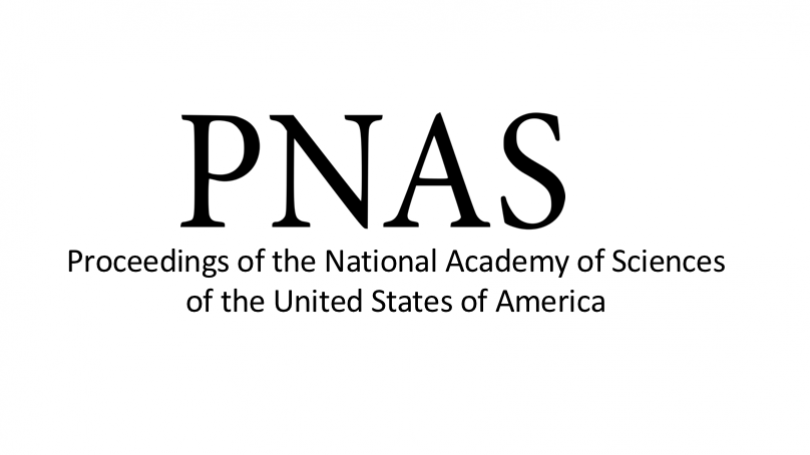
- About
- Programs
- Student Opportunities
- For Faculty
- News & Events
Back to Top Nav
Back to Top Nav
Back to Top Nav
Back to Top Nav
Back to Top Nav
Aug 20, 2018 | Dartmouth Media Release
Getting policy right: why fisheries management is plagued by the panacea mindset
Fisheries management has often been characterized by regulatory policies that result in panaceas--broad-based policy solutions that are expected to address several problems, which result in unintended consequences. An international research team shows how one size fits all policies like individual transferable quotas may be doomed from the onset, as these policies perpetuate "the panacea mindset." The team calls for a more customized policy approach in a new piece that will be published this week in the Proceedings of the National Academy of Sciences.
Individual transferable quotas were first adopted in the 1970s by the Netherlands, Iceland, and Canada and rose to popularity in the 1980s. Prior research reported in 2009 that 18 countries used ITQs, including Australia, Canada, Denmark, Iceland, the Netherlands, and New Zealand, to manage their marine fish stocks of nearly 250 species. Even though ITQs are intended to function as a fish management strategy, the researchers cite examples of how ITQs have backfired. In some countries, this fish quota system has: proved unsuccessful in preventing fish stock declines, inadvertently led to fish oligopolies and resulted in community upheaval, as fishing rights of indigenous and subsistence users have often been overlooked. For instance, in Kodiak, Alaska, ITQs undermined core cultural values of hard work, opportunity and fairness by increasing the power of a few boat owners over their crew and other community members. In Iceland, transferable quotas were used as collateral for loans and were a major contributor to the economic collapse of the country in the 2008 recession.
According to the research team, reliance on the simple formulaic policies or panaceas, such as the continued use of ITQs, may be explained by a collection of factors, which they label the panacea mindset. This mindset is based on conceptual narratives, power disconnects, and heuristics and biases, which may make one predisposed to embrace panaceas as a solution and may perpetuate the problem more broadly:
To combat the panacea mindset, the team proposes compiling resources about the given issue into a searchable online, institutional diagnostics toolkit. The toolkit could include best practices, links to related journal articles, checklists, and other resources, which challenge people's biases and help them become more informed about policy options, as they develop specific policies for a given context.
"Oversimplified, broad-based policies or panaceas are an institutional problem throughout our society. In spite of negative side effects or outright failure, panaceas can be found in policies designed to address issues affecting the environment, healthcare, the economy and many other areas," said co-author DG Webster, an associate professor of environmental studies at Dartmouth College. "Exploring the panacea mindset is a first step toward explaining why panaceas are so entrenched in the human condition and what methods will be most effective at combating them. We cannot simply say, 'avoid panaceas,' as many have said before; we need to develop systems like the institutional diagnostic toolkit that make it easier for people to find solutions that accurately reflect the political, economic, social, cultural and environmental context," added Webster.
###
The research arose from a workshop hosted by the Institute of Arctic Studies in the Dickey Center for International Understanding at Dartmouth College, which was cosponsored by the Stefansson Arctic Institute in Akureyri, Ireland.
Available for comment are co-author, DG Webster at d.g.webster@dartmouth.edu and lead author Oran Young, distinguished professor emeritus at the Bren School of Environmental Science & Management at University of California, Santa Barbara at oran.young@gmail.com
Media Contact: Amy D. Olson | amy.d.olson@dartmouth.edu | 603-646-3274 | http://www.dartmouth.edu